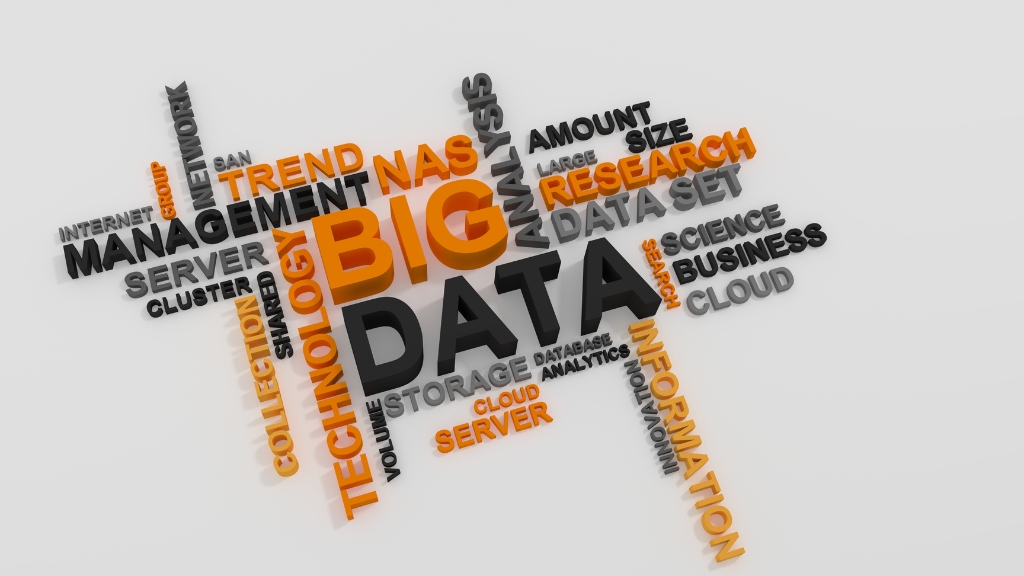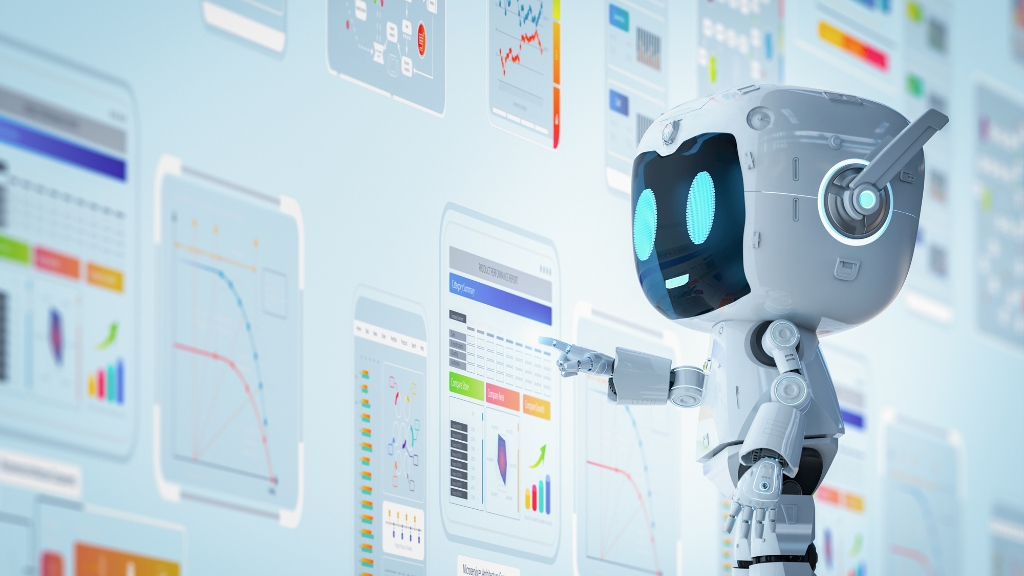
What is the key advanced technology behind crm analytics?
Customer Relationship Management (CRM) is a crucial aspect of any business that wants to thrive in today’s competitive market. It involves strategies designed to improve the relationship between a company and its customers, including tracking customer interactions and analyzing customer data. However, analyzing customer data can be a daunting task for businesses, which is why CRM analytics was created. In this blog post, we will explore the advanced technology behind CRM analytics and how it can help businesses understand their customers better.
Machine Learning
Machine learning is an essential technology for CRM analytics. It involves the use of algorithms that learn from data to make predictions about customer behavior. Machine learning models are designed to improve customer segmentation, churn prediction, and personalized recommendations. With machine learning, businesses can identify patterns in their data and use them to predict customer behavior.
Predictive Analytics
Predictive analytics is another technology used in CRM analytics. It involves analyzing historical data to make predictions about future customer behavior. Predictive analytics models are designed to identify trends and patterns in customer data, which can be used to develop targeted marketing campaigns. Predictive analytics can also be used to increase customer satisfaction by identifying customer needs and preferences in real-time.
Big Data Analytics
Big data analytics involves analyzing large volumes of data to identify patterns and trends. In CRM analytics, big data can come from a variety of sources, including customer interactions, social media, and website analytics. Big data analytics can be used to track customer behavior across multiple channels and platforms, providing a comprehensive view of customer interactions. With big data analytics, businesses can identify areas where they need to improve, such as customer service or product offerings.
Natural Language Processing (NLP)
Natural Language Processing (NLP) is a technology that enables machines to understand human language. In CRM analytics, NLP is used to analyze customer feedback, such as customer reviews and social media comments. NLP can help businesses identify recurring themes in customer feedback, enabling them to improve customer satisfaction and identify new product opportunities.
Artificial Intelligence (AI)
Artificial Intelligence (AI) involves the development of machines that can perform tasks that typically require human intelligence. In CRM analytics, AI can be used to automate customer service inquiries, provide personalized recommendations, and streamline the customer experience. With AI, businesses can provide faster and more accurate customer service, improving customer satisfaction and loyalty.
Conclusion:
CRM analytics is a crucial aspect of modern business. With the advanced technologies available today, businesses can gain detailed insights into customer behavior and preferences, enabling them to provide better customer service and identify new revenue opportunities. Machine learning, predictive analytics, big data analytics, NLP, and AI are just a few of the technologies used in CRM analytics. By leveraging these technologies, businesses can stay ahead of the competition and provide their customers with a seamless and personalized experience.
Leave a Reply
- AI in Diagnostics: Revolutionizing Early Detection and Accuracy
- How AI and Advanced Analytics Are Transforming Healthcare Outcomes
- Investing with Confidence: The Role of ROI Calculators
- How ROI Calculators Drive Data-Driven Business Strategies
- The Ultimate Guide to ROI Calculators for Business Success
- Making Sense of ROI Calculators: A Comprehensive Guide
- June 2025 (1)
- May 2025 (1)
- October 2024 (2)
- September 2024 (31)
- August 2024 (31)
- July 2024 (27)
- June 2024 (28)
- May 2024 (30)
- April 2024 (33)
- March 2024 (23)
- February 2024 (29)
- January 2024 (3)
- December 2023 (47)
- November 2023 (36)
- October 2023 (23)
- September 2023 (2)
- June 2023 (2)
- May 2023 (13)
- April 2023 (1)




